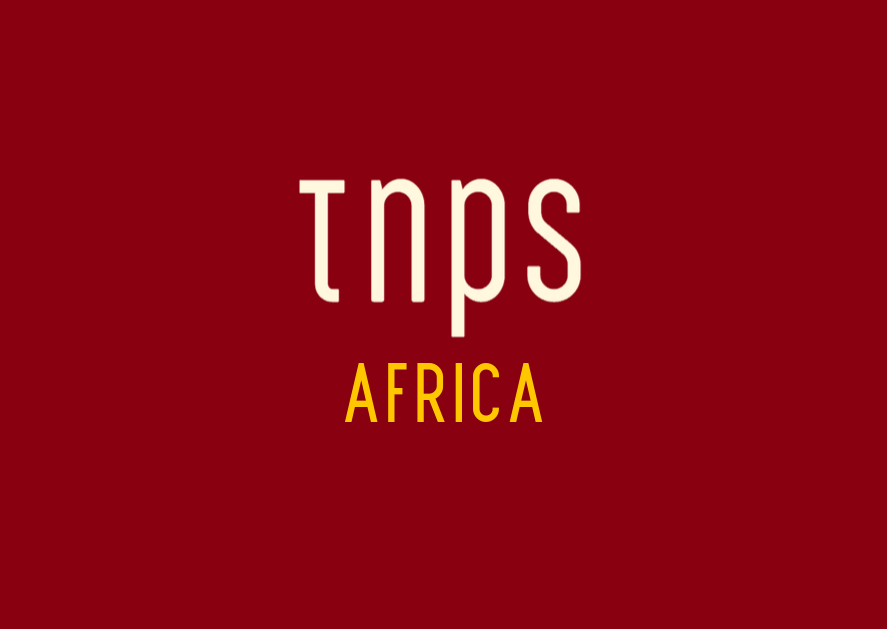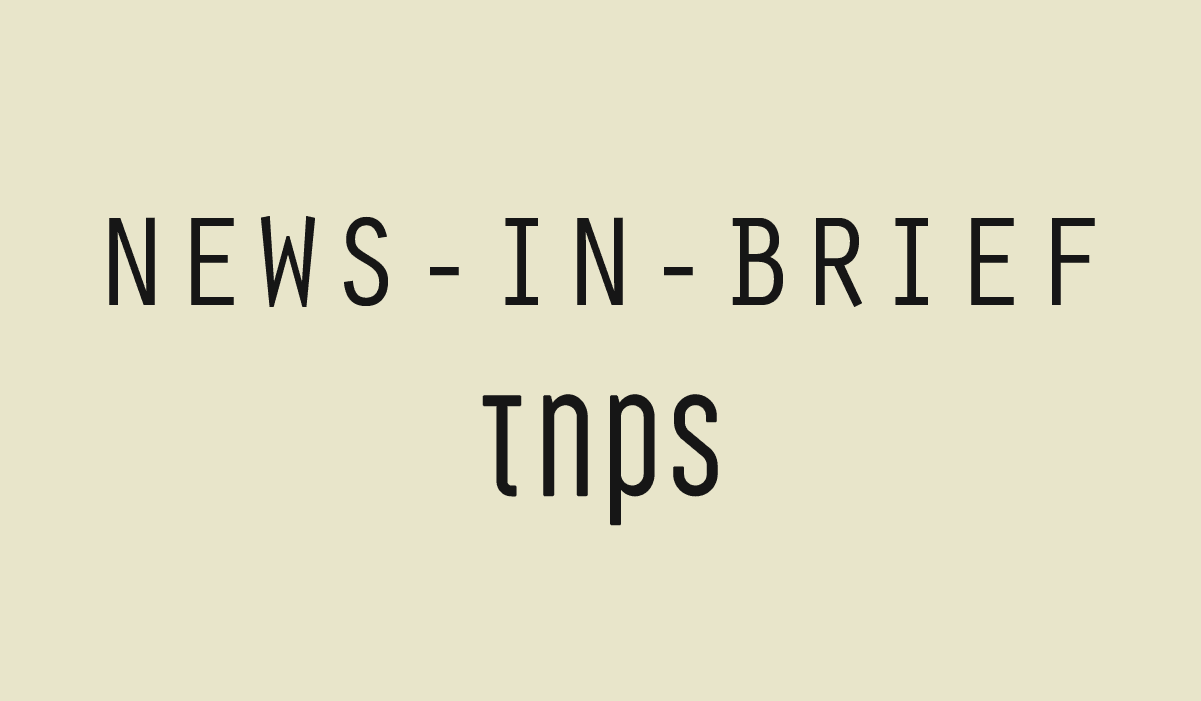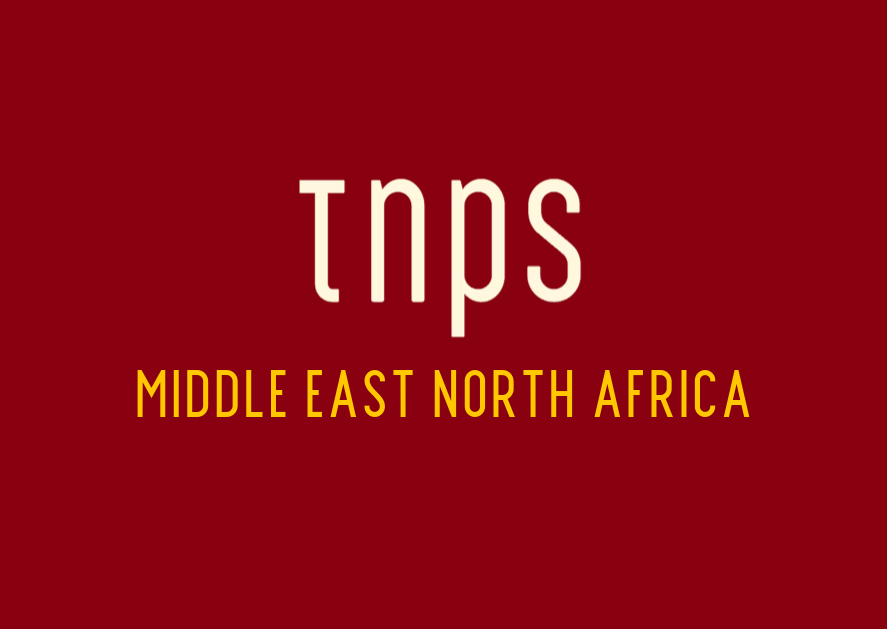Science, tech, engineering & maths (STEM) are key components of any 21st century national education system, and this week comes news Ghana’s Accra Central Library is home to a new STEM study hub thanks to a partnership between Book Aid International, the Ghana Library Authority, and the energy company Aggreko.
Two study hubs are planned, for the Accra and Koforidua Regional Libraries, complimenting Ghana’s Year of Reading, a national campaign aiming to get more Ghanaians engaging with books.

While a handful of schools in Ghana – the Holy Trinity Cathedral Senior High School, St. Mary Senior High School and Kinbu Senior High Technical School – are actively engaged with STEM, with a focus on getting more girls involved, nationwide the resources needed to efficiently teach STEM topics are simply unavailable at this time.
Book Aid International, reports the Ghana News Agency, has sent a total of 5,000 books from the UK to be distributed among the two libraries and the selected senior high schools, and locally published books have also been acquired to be distributed.
It’s a less than satisfactory solution, meaning reliance on foreign content which may not exactly coincide with local curriculum requirements, but still a positive move.
The issue of foreign aid in the form of books vs. locally produced material is a topic to come back to another time, as it goes to the heart of African publishing’s future.
But here to focus on the GhLA-Book Aid partnership.
Madam Samantha Thomas-Chuula, the Head of Programmes at Book Aid International, explained:
Book Aid International runs projects builds the capacity of librarians and teachers to support people and communities as they access books and read.
While career opportunities in STEM fields were increasing across Africa, many schools do not have the skilled teachers, resources or school libraries to help students develop these crucial skills (and) as a result many young people are falling short of the required skills levels for the modern workplace.
Girls in particular would benefit from the STEM study Hub as it targets a number of all-girl schools and the specially developed revision support guide included examples of women, who were succeeding in STEM fields.
Encouraging girls, who may experience pressure to not pursue STEM careers was a positive feature of the project.
Ghana Library Authority Executive Director Hayford Siaw said they have,
already taken a baseline study where they understand the current performance rate of all the Senior High Schools that were been targeted and so the ideal was that after a period of one to two years, they should be able to see an improved performance and that was how they could be able to measure the project.
Siaw wants to see,
High performance in the STEM subjects and more young people entering into the University to pursue Science related courses and that would be an instrument to measure the success of the project.
Looking at the bigger picture here, 5,000 books is a drop in the ocean in terms of the needs of Ghana’s education system, and printed books on topics as fast-moving as STEM quickly become outdated.
One hopes that, while welcoming the imported books as a stop-gap measure, the Ghana education and library authorities can simultaneously look at long-term digital solutions.
Perhaps working hand-in hand with UK STEM content producers to ensure the most up-to-date information is used, but producing localized content relevant to Ghana and West African curriculum requirements, in digital formats that can be easily updated and can be made inexpensively affordable to all students via their smartphones.




